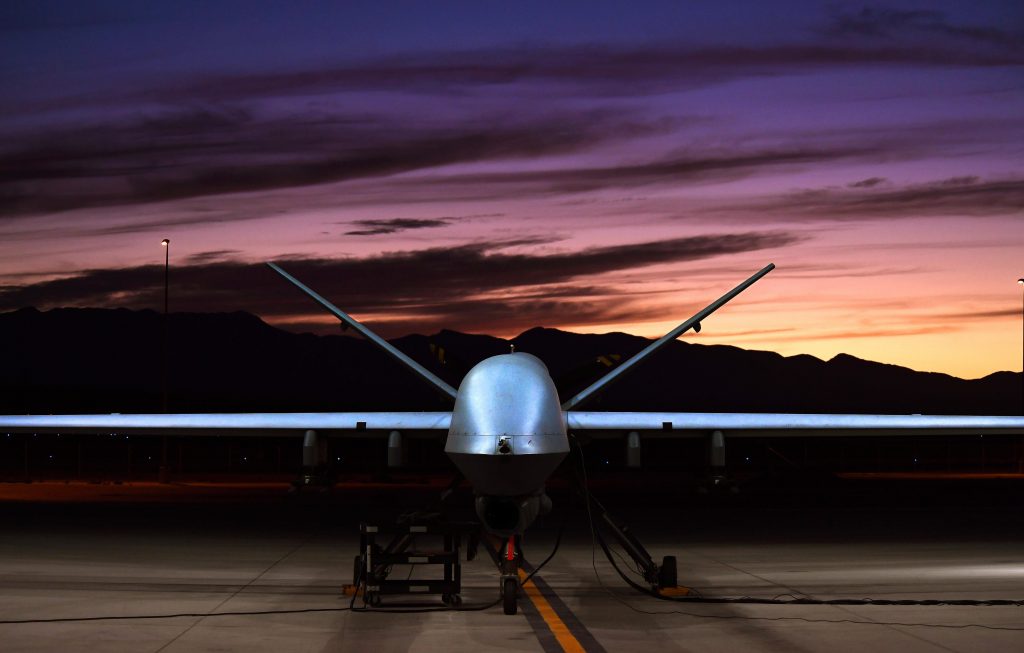
As part of our new Libya monitoring project, Airwars and New America reached out to AFRICOM, the US military command for Africa, highlighting all known alleged civilian casualty events in which US aircraft had been implicated. We also included a list of all reported airstrikes by unknown belligerents between 2012 and 2018, and asked whether US forces had participated in any of those events.
AFRICOM’s full response from spokesman Major Karl Wiest is published below – lightly edited to remove personal details.
“Thank you for contacting U.S. Africa Command and for allowing our team to assess the data you provided.
Before responding to the questions you posed, I would like to be clear that U.S. Africa Command has many processes in place to ensure the safety and protection of the local population remains a top priority. These procedures, combined with precision strike capabilities, safeguard civilians and infrastructure in areas of operation. The protection of civilians is fundamentally consistent with the effective, efficient, and decisive use of force in pursuit of U.S. national interests. As a matter of policy, U.S. forces therefore routinely conduct operations under policy standards that are more protective than the requirements of the law of war that relate to the protection of civilians. U.S. forces also protect civilians because it is the moral and ethical thing to do. Although civilian casualties are a tragic and unavoidable part of war, no force in history has been more committed to limiting harm to civilians than the U.S. military.
As for your questions, since 2012 U.S. Africa Command has conducted post-strike assessments of all U.S. Military actions. From the Fall of 2016, the command has assessed two (2) recorded CIVCAS allegations related to operations in Libya. After thorough investigations, both claims were deemed not credible. In fact, the evidence gathered in one of the investigations strongly suggested that our adversaries in the region were simply lying about alleged civilian casualties in order to bolster their public perception. Evidence found at the time of the respective investigation to support this finding included our adversaries publishing photographs from another area of responsibility while claiming they were new CIVCAS incidents in Libya.*
Also, with regards to the specific incidents you highlighted and asked our team to review, they are not assessed as credible with the information currently available.
Lastly, U.S. Africa Command does not maintain a list of Host Nation or other Nations’ strikes, nor do we track the military engagements of host nations. As such, we are unable to accurately assess the associated credibility of the unknown belligerent incidents on the spreadsheet you provided.”
In addition, in response to local reports that three civilians were killed along with an ISIS commander in a confirmed US strike on June 6th 2018, AFRICOM issued the following statement on June 20th:
“In coordination with the Libyan Government of National Accord (GNA), U.S. forces conducted a precision airstrike near Bani Walid, Libya, on June 6, killing four (4) ISIS-Libya militants, as previously released. Following reports alleging civilian casualties resulting from this operation, U.S. Africa Command performed a thorough review and determined the allegations of civilian casualties to be not credible. As with any allegation of civilian casualties, U.S. Africa Command reviewed all available relevant information concerning the incident. The command complies with the law of armed conflict and takes all feasible precautions to minimize civilian casualties and other collateral damage.”
* AFRICOM has declined to provide locations and dates for the two reported civilian harm incidents in Libya cited here that it has investigated.